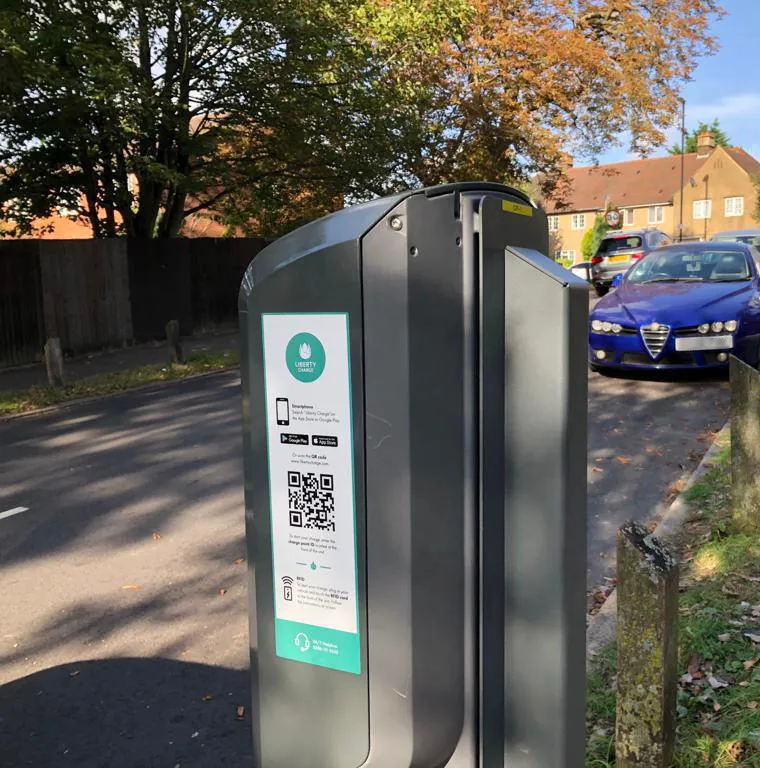The Freight Transport Association (FTA) has been looking at stretches of the UK’s strategic road network that would most benefit from Government investment following the Chancellor’s commitment in his Autumn Statement to fund improvements to congestion hot spots. Philip Hammond said the Government would spend IS$1.6 billion (£1.3 billion) on improving England’s roads, including US$222 million (£220 million) on tackling congestion at pinch points and US$33 million (£27 million) on an expressway connecting Ox
December 20, 2016
Read time: 2 mins
The 6983 Freight Transport Association (FTA) has been looking at stretches of the UK’s strategic road network that would most benefit from Government investment following the Chancellor’s commitment in his Autumn Statement to fund improvements to congestion hot spots.
Philip Hammond said the Government would spend IS$1.6 billion (£1.3 billion) on improving England’s roads, including US$222 million (£220 million) on tackling congestion at pinch points and US$33 million (£27 million) on an expressway connecting Oxford, Milton Keynes and Cambridge.
Road delays are a constant issue for FTA members who move goods throughout the UK. It costs around £1 a minute to run a 44-tonne truck so any hold-ups have a huge financial impact on operations.
FTA identified the M60 north of Manchester, the M25 to the west of London and the M6 north of Birmingham as three of the most highly congested roads and ran a Twitter poll asking drivers which they thought needed most attention. The M6 narrowly came out on top with 39% of the vote, with the M25 on 37 per cent and the M60 on 24 per cent.
Malcolm Bingham, FTA’s head of Road Network Management Policy, said: “Every motorist will have view on where the worst spots are on our strategic network and these figures for our poll show that there is a split opinion. It is therefore vital that we get the next programme of roads spending to address the concerns on congestion.”
Philip Hammond said the Government would spend IS$1.6 billion (£1.3 billion) on improving England’s roads, including US$222 million (£220 million) on tackling congestion at pinch points and US$33 million (£27 million) on an expressway connecting Oxford, Milton Keynes and Cambridge.
Road delays are a constant issue for FTA members who move goods throughout the UK. It costs around £1 a minute to run a 44-tonne truck so any hold-ups have a huge financial impact on operations.
FTA identified the M60 north of Manchester, the M25 to the west of London and the M6 north of Birmingham as three of the most highly congested roads and ran a Twitter poll asking drivers which they thought needed most attention. The M6 narrowly came out on top with 39% of the vote, with the M25 on 37 per cent and the M60 on 24 per cent.
Malcolm Bingham, FTA’s head of Road Network Management Policy, said: “Every motorist will have view on where the worst spots are on our strategic network and these figures for our poll show that there is a split opinion. It is therefore vital that we get the next programme of roads spending to address the concerns on congestion.”










